D N Madhok

Subscribe to read full article
This section is for paid subscribers only. Our subscription is only $37/- for one full year.
You get unlimited access to all paid section and features on the website with this subscription.
Not ready for a full subscription?
You can access this article for $2 , and have it saved to your account for one year.
- Real Name: Pandit Dina Nath Madhok
- Born: 22 October 1902 (Gujranwala, present-day Pakistan)
- Died: 9 July 1982 (Hyderabad)
- Primary Cinema: Hindi
After a great deal of struggle at the start of his career, D.N. Madhok reached the very pinnacle of success in the Hindi film industry of his time. As a screenwriter, dialogue writer and lyricist, often for multiple movies at a time, at the peak of his career Madhok was so busy that he would often dictate song lyrics on the telephone to save time.
Born in Gujranwala in present-day Pakistan on 22 October 1902, Dina Nath Madhok was invested in music and poetry even as a child. Listening to songs on records, the young boy would come up with rhymes and lyrics of his own. At this time, Calcutta was the center for most gramophone companies in the country. Young and enthusiastic, Madhok travelled to Calcutta in an effort to buy a music company for himself, but he failed in his endeavor. By the time he came back home, the talkies had arrived, along with their music and dance sequences, and he began to take a greater interest in films.
Interestingly, though the handsome Madhok received offers to appear as an actor in films, he was not asked to write lyrics for them. Disappointed with this turn of events, he accepted an offer to act in the film Krishna Sudama (1933). He hoped to establish a closer relationship with film directors in this manner, so he could later approach them with his songs. He succeeded in his efforts, and he wrote the lyrics as well as the script for the 1932 release Radhe Shyam. He also acted in this film, and wrote a whopping total of 29 songs for it. By the next year, he penned the songs for the film Khoobsoorat Bala as well. Meanwhile, Madhok was offered a place in the production department of Ranjit Movietone, an opportunity he seized readily. Soon, he was working in multiple capacities, as a producer, a lyricist, or a screenwriter.
Madhok also occasionally occupied the director’s chair, most notably for the films Dil Ka Daku (1936), Dilfarosh (1937) and Shama Parwana (1937). His 1937 film, Sharafi Loot became immensely popular before it was censored for depicting the British government in India in a bad light. The film angered the authorities so much that Madhok was permanently relieved of the responsibility of directing a film for the foreseeable future. However, he had already found a firm footing in the world of Indian cinema.
As he began to be known for delivering hit films, Madhok was soon drowning in a deluge of offers to write scripts as well as lyrics. During this time, he wrote the screenplays for films like Nadi Kinare (1939), Musafir (1940), Aaj Ka Hindustan (1940) and Pardesi (1941), among others. Apart from this, he scripted the lyrics for hit songs in films such as Holi (1940), Bhakta Surdas (1942) and Tansen (1943). In a nearly three-decade long career, Madhok worked on around 120 films, and wrote over 500 songs.
A generous man, Madhok was a mentor and a friend to many composers and lyricists new to the industry. The Dadasaheb Phalke awardee, Majrooh Sultanpuri, held great respect for Madhok as a fellow lyricist. After a long, prolific career in film, D.N. Madhok passed away in Hyderabad on 9 July 1982.



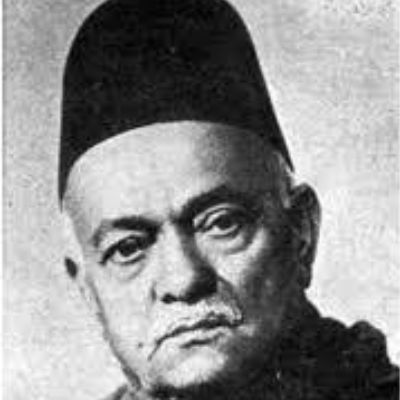
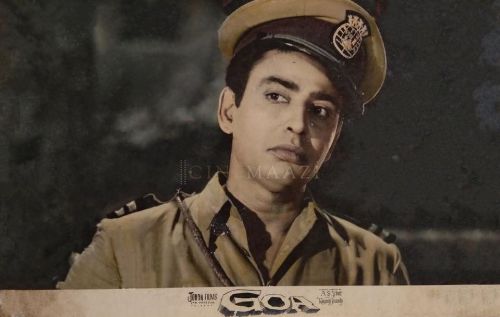
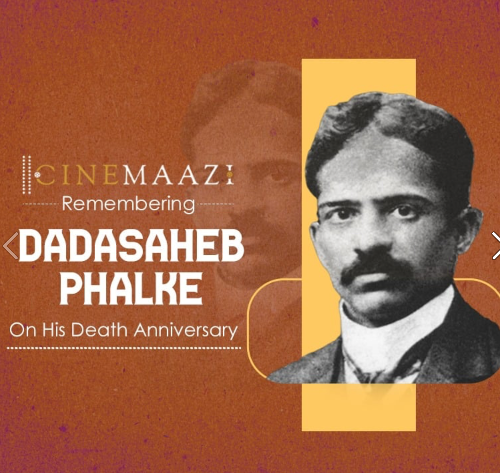
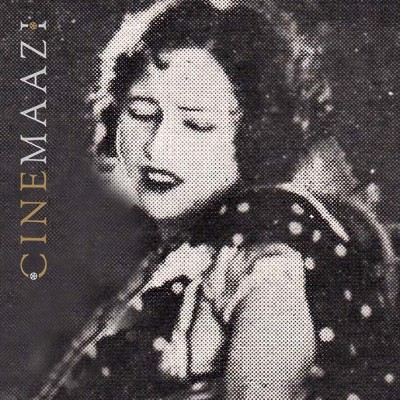
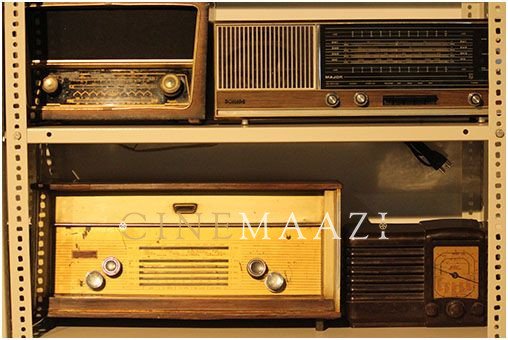
.jpg)



